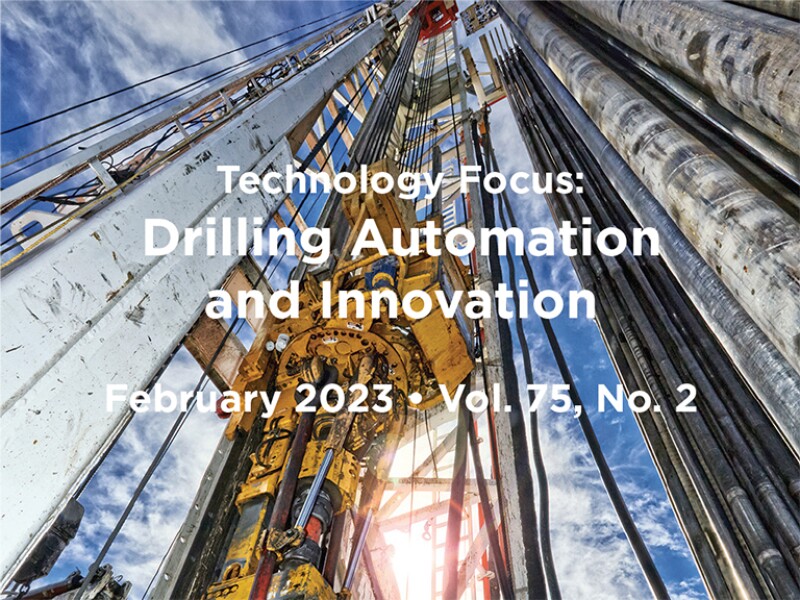With the arrival of the digital age, solutions in big data, automation, and artificial intelligence are rapidly opening the door to a deeper and more-comprehensive understanding of drilling operations around the world. The exponential growth in data acquisition, modeling, and prediction capabilities allows multiple drilling teams to identify hidden patterns and correlations to deal with the most-complicated challenges in well construction.
In related SPE papers, it was interesting to read about promising initiatives undertaken by operators, service companies, and academia, not only to recognize details on past drilling events but also to accurately simulate, anticipate, and automate complex situations. Topics such as machine learning for improved decision-making, equipment-failure prediction, well placement lookahead, and autonomous operations have attracted great interest from the industry.
Therefore, demand for a skilled workforce in digital technologies will continue to grow in drilling-related disciplines and new information and technology work flows will be incorporated into the well life cycle.
As the active rig count continues to increase, safety must remain top priority for drilling operations. Advances in digital technologies and automation contribute to this objective while keeping a focus on cost management, operational consistency, and carbon-footprint reduction. Ongoing actions will also help to accelerate the development of geothermal energy as part of the future mix of renewables.
The selected papers highlight some interesting contributions to drive innovation and promote efficient use of processes and technologies.
This Month’s Technical Papers
Machine-Learning Model Developed for Rate-of-Penetration Optimization
Autonomous Directional Drilling Achieved With Industry 4.0 Platform
AI-Driven Permanent Cuttings Monitoring Enables Safer and Faster Drilling
Recommended Additional Reading
SPE 205899 Measurements During Drilling Through an Innovative Microchip Technology To Determine Accurate Wellbore Properties for Efficient Drilling Operations by Zuyang Zhu, Sinopec, et al.
SPE 211791 A Novel Real-Time Well-Collision Avoidance Monitoring by Definitive Dynamic Surveys and Passive Magnetic Ranging by Mahmoud ElGizawy, SLB, et al.
SPE 210306 Drilling Heat Maps for Active Temperature Management in Geothermal Wells by Mohamed Shafik Khaled, The University of Texas at Austin, et al.

Danny Ochoa, SPE, works for SLB as drilling domain champion in the Western Hemisphere. He has been active in the oil and gas industry for more than 20 years, with previous assignments in a wide variety of drilling projects in Brazil, Colombia, Gulf of Mexico, Mexico, and Venezuela. Ochoa has been directly involved in the implementation of technological solutions to drive drilling performance in land and offshore operations. He holds a bachelor’s degree in petroleum engineering from Universidad de America at Colombia and is a member of the JPT Editorial Review Board.


